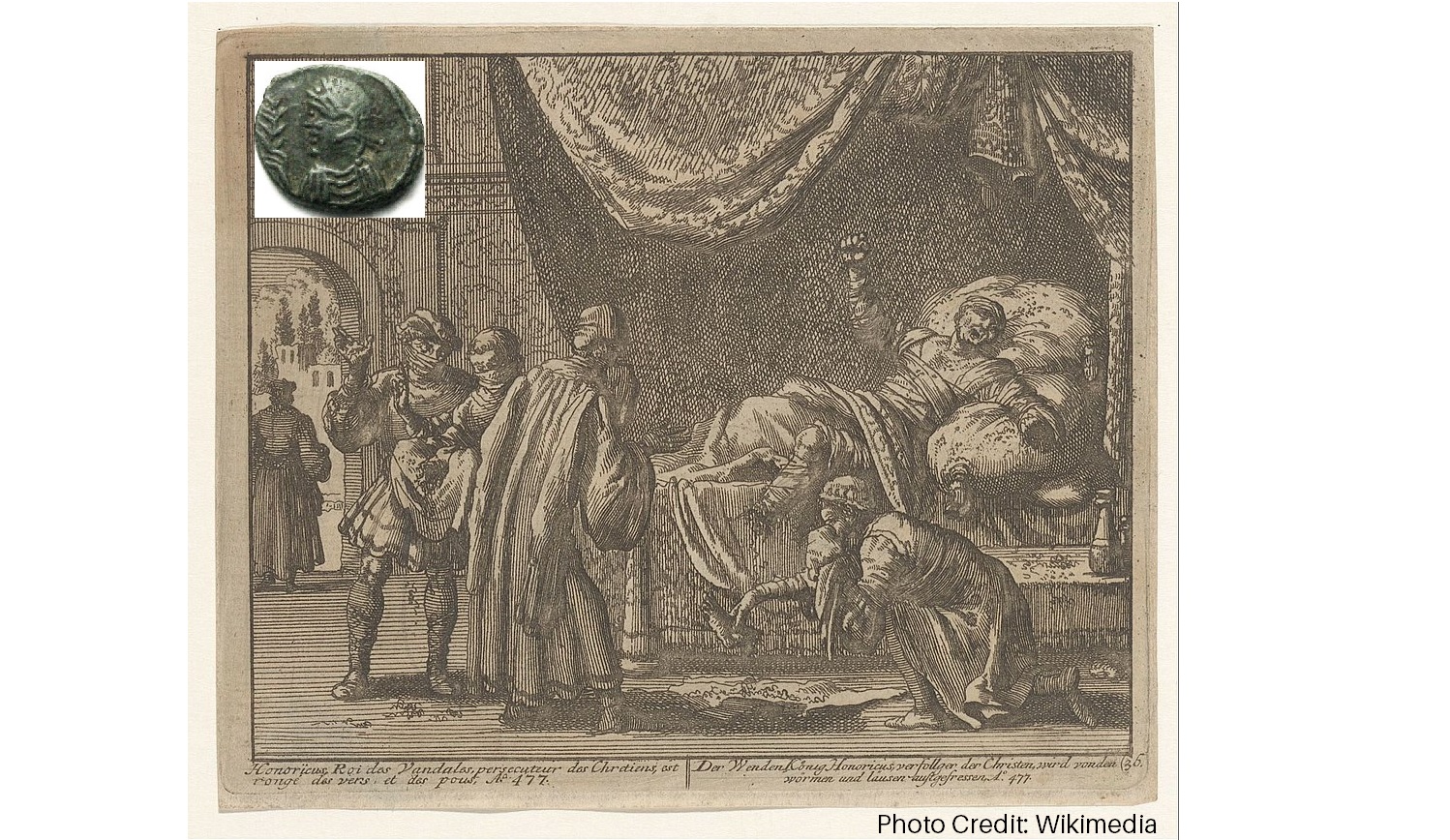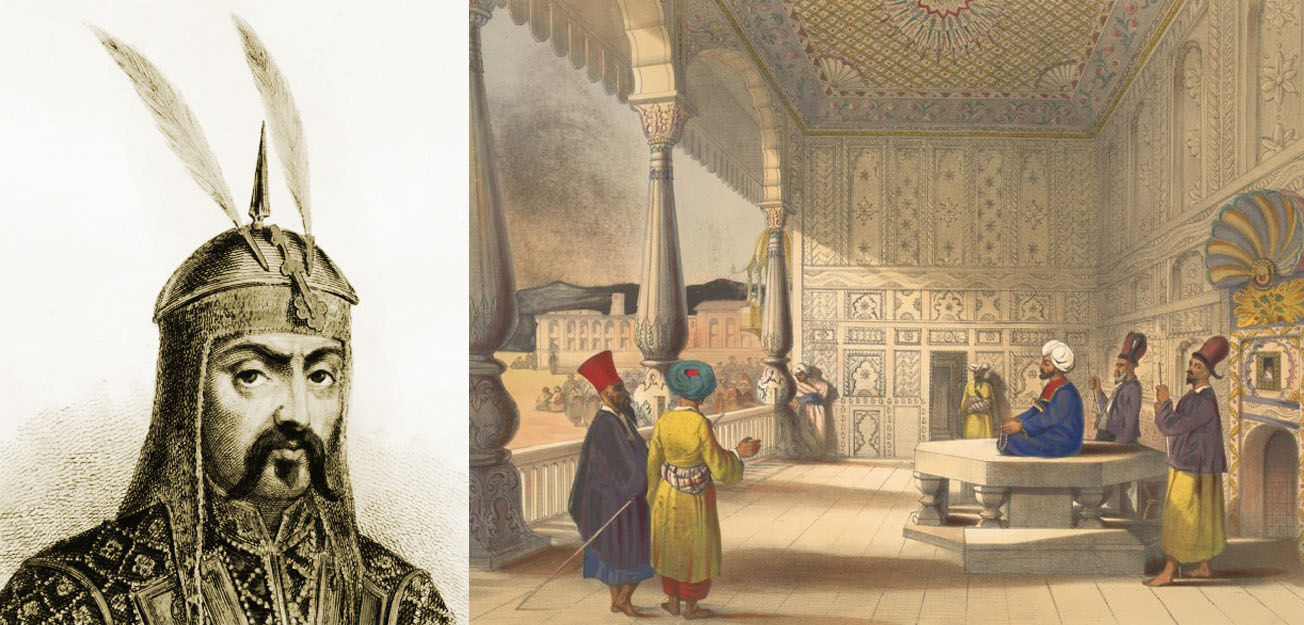A King who famously replaced Nicene bishops with Arian ones.

King Huneric of the Vandals, who ruled from 477-484 CE, was a staunch Arian Christian who famously replaced Nicene bishops with Arian ones, and banished some to Corsica. This controversial move was part of a broader effort to promote Arianism in the Vandal kingdom, which at the time spanned modern-day Tunisia, Algeria, and parts of Libya.
Arianism was a theological movement that originated in the 4th century and was based on the teachings of Arius, a Christian presbyter from Alexandria, Egypt. Arianism rejected the concept of the Trinity and held that Jesus Christ was a divine being, but not equal to God the Father. This doctrine was opposed by the Nicene Creed, which held that Jesus was of the same substance as God the Father.
The Vandal kingdom was founded by a Germanic tribe that had migrated to North Africa from Spain in the 5th century. Although the Vandals were originally pagans, they converted to Arian Christianity shortly after their arrival in North Africa. Arianism became the dominant religion in the Vandal kingdom, and the Vandals were known for their intolerance towards Nicene Christians.
In 484 CE, King Huneric issued an edict that banned Nicene bishops from holding office in the Vandal kingdom and required them to convert to Arianism or face banishment. Many Nicene bishops refused to convert and were subsequently exiled to Corsica, a remote island in the Mediterranean Sea. This was a significant blow to the Nicene Church in North Africa, as many of its leaders were now in exile or had been replaced by Arian bishops.
The banishment of Nicene bishops to Corsica was a traumatic event for the Christian community in North Africa. Many of the exiles died from disease, starvation, or persecution, and their followers were left without spiritual leaders. The Vandal kingdom became increasingly isolated from the rest of the Christian world, and relations between the Vandals and the Byzantine Empire deteriorated.
King Huneric’s decision to replace Nicene bishops with Arian ones and banish some to Corsica was a major turning point in the history of Christianity in North Africa. It marked the beginning of a long period of religious and political turmoil in the region, which would ultimately lead to the rise of Islam in the 7th century.
Today, the banishment of Nicene bishops to Corsica is remembered as a tragic event that had a profound impact on the history of Christianity in North Africa. It serves as a reminder of the dangers of religious intolerance and the importance of religious freedom and tolerance in a diverse and multicultural society.
সম্পর্কিত শব্দসমূহঃ












